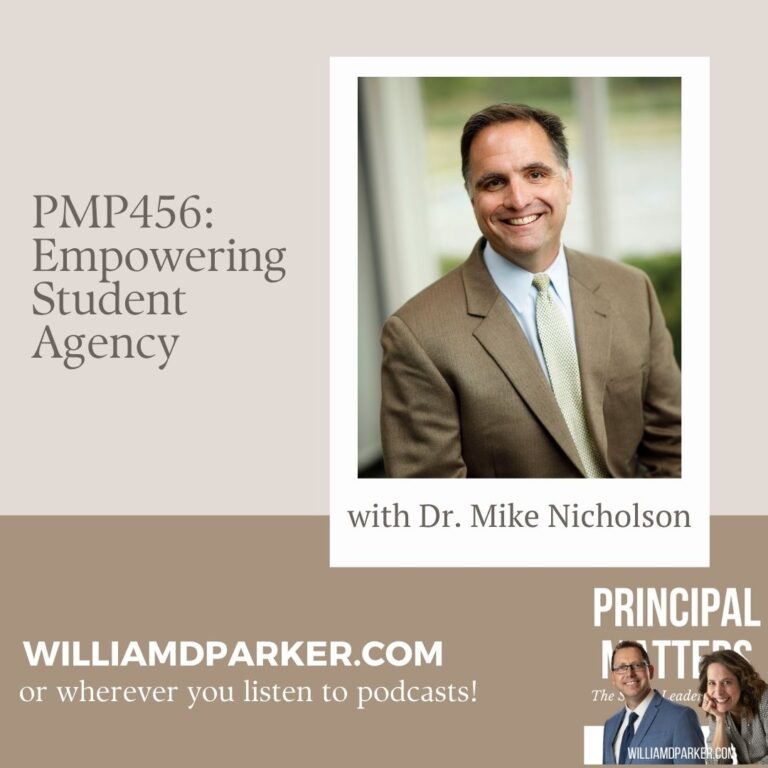This summer a couple of long road trips afforded me the opportunity to listen to and finish the unabridged audio version of Edmund Morris’s, The Rise of Theodore Roosevelt. This biography of “Teddy” chronicles his life from birth to the day he becomes President. It also teaches some lessons about leadership, both good and bad.
At nearly 800 pages of detailed narrative, Morris paints the picture of a boy who began life frail and sickly, who developed his mind and imagination through reading and travel, who beat all odds through intense self-improvement, and who lived a life of eagerness to fight at every opportunity.
Here are four life lessons I pulled from the early life of Theodore Roosevelt, and next week, I will share four more:
1. Never underestimate the power of early education.
Because he was an ill child, Roosevelt was confined to bed and home. He learned at an early age to fill his mind with reading. Coming from a family of means, his father took him and his family to visit sights and museums from Western Europe to the Middle East. He became acutely aware of the world beyond his home in New York and easily became fluent in other languages. Lesson: You never know what future leader you may be developing when you expose a young mind to opportunities to learn deeply.
2. Never underestimate the influence of strong parental values.
Theodore developed some strong tendencies to vigorous habits. His father was incredibly self-disciplined and young Teddy developed similar habits of hard-work, tenacity, and moral conviction. These traits followed him through life and gave him an ability to fiercely confront acts of dishonesty or corruption. Lesson: The legacy of a great leader oftens begins when an adult mentor models those qualities first.
3. Never underestimate the benefits of vigorous self improvement.
When Teddy was a young teen, his family doctor told him he had a sharp mind but a weak body. He encouraged him to develop the mind since he couldn’t do both. His father refused to accept this and turned one floor of their home into a gym. The result was a young Theodore who worked out so vigorously in muscle building, running, and boxing, that he became a specimen of physical health while still maintaining a love for reading and learning. Lesson: Robust physical health not only makes you feel better, it provides amazing energy for learning.
4. Never underestimate the value of Providence.
The stories of coincidence, fortune, or luck for Roosevelt are hard to explain as anything but providential. Yes, he was a hard worker, a great student, an ardent politician, and an adventuresome explorer/outdoorsman. But his survival of battles–whether physical, political, or military–were so varied, you would need to read the accounts yourself to believe them. Lesson: It is a healthy practice to recognize how often our lives are touched by circumstances that verge on the impossible if not seen as providential.
Conclusion: In summary, studying the young life of successful leaders gives us some insight into their lives as adults. Roosevelt’s rising to prominence was a result of many circumstances. They provide lessons to all of to remember the importance of inspiring children, passing on our values, encouraging mental and physical improvement, and acknowledging the reality of things beyond our control. Next time, I will touch on four more lessons that I learned from the early life of Theodore Roosevelt.
Questions:
Who are some other historical leaders from whom you have learned valuable lessons? Share some of your great reads or heroes with the rest of us!
Subscribe For More
Have you subscribed to receive weekly posts from WilliamDParker.com? Visit here for information on how you can sign up and receive weekly updates.


